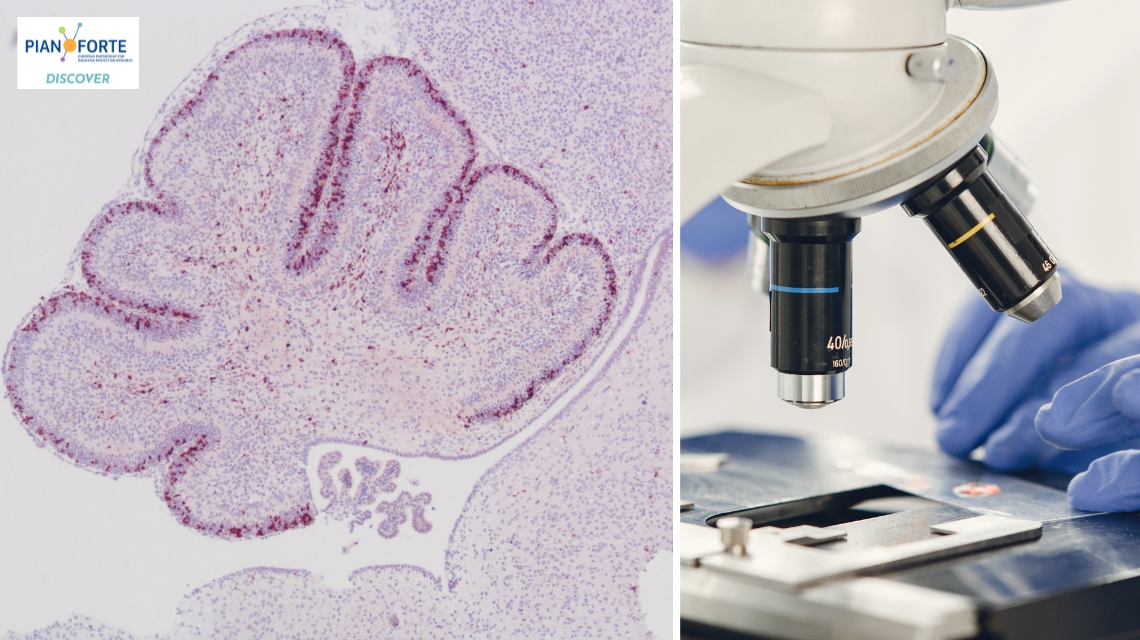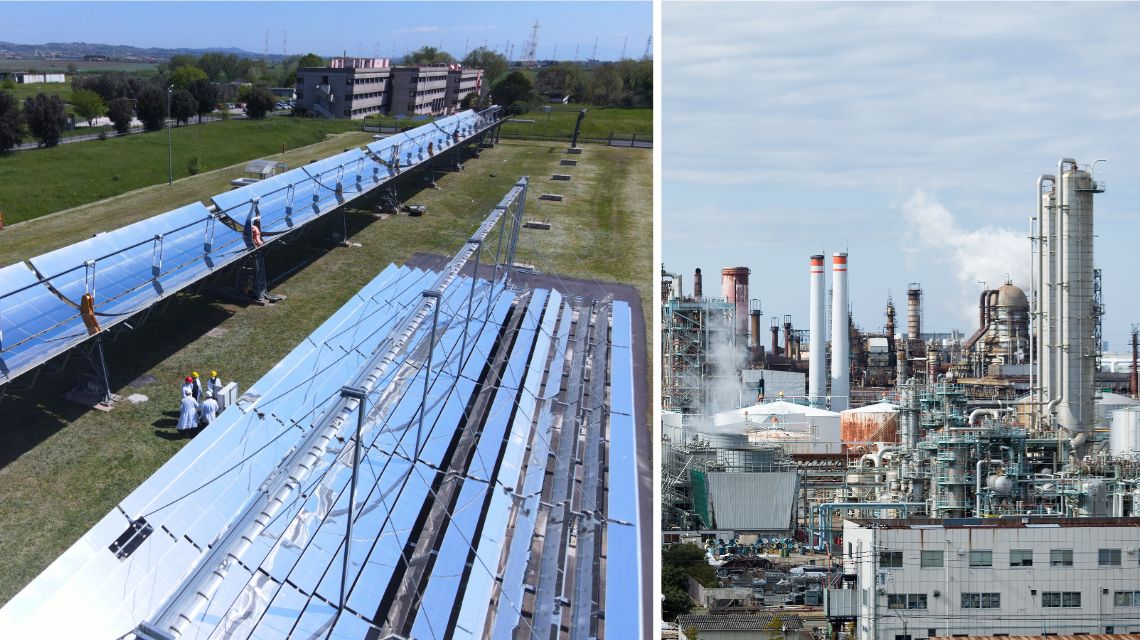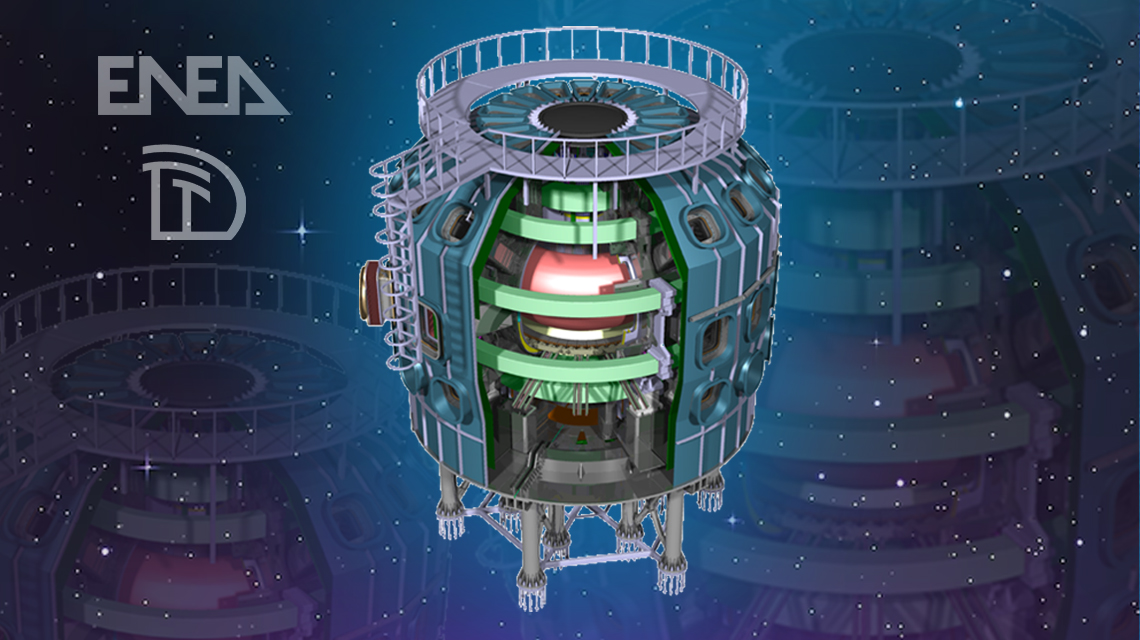Italian National Agency for New Technologies, Energy and Sustainable Economic Development
Press releases and news
Suprema, an innovative start-up and ENEA spin-off, aims to build Europe's largest plant for manufacturing superconducting tape at high critical temperature. The materials manufactured will be able to transport energy without dissipating heat, in strategic sectors such as energy, smart grid, transportation, medicine and aerospace. Suprema was founded by four researchers from the ENEA Nuclear Energy Department - Andrea Augieri, Fabio Fabbri, Francesco Rizzo and Giuseppe Celentano – who have over 20 years of experience in the study of innovative superconductive materials for scientific and industrial applications. Funded with 900,000 euro by Tech4Planet, the national technology transfer hub for sustainability promoted by the CDP Venture Capital, Suprema is a technological and industrial leader in a strategic sector for energy sustainability and ecological transition.
Furthering knowledge of mechanisms of radiation-induced cancer is the goal of the project DISCOVER, funded by the EU with over 1.3 million euro and coordinated by ENEA in collaboration with Federal Office for Radiation Protection (Germany), National Centre for Public Health and Pharmacy (Hungary) and Oxford Brookes University (Great Britain).
ENEA is increasing its international work on sustainable urban development by joining the IEA CITIES Technology Collaboration Programme (TCP CITIES), part of the International Energy Agency (IEA).
Developing building designs withstanding climatic and natural hazards is the goal of the project MULTICLIMACT, funded by the Horizon Europe program, which comprises 25 European partners, including ENEA and the company Rina Consulting S.p.A. (coordinator) for Italy. ENEA is engaged in the development of the latest version (5.0) of the CIPCast software, capable of estimating possible damage to infrastructure due to seismic and climatic events, including floods and heat waves.
A study conducted by ENEA and the University of Palermo, promoted by the Ministry of University and Research and published in the journal Energy, shows that a concentrating solar power plant in an oil refinery would reduce carbon dioxide emissions (about 54 thousand tons/year) and the amount of methane used (about 20 thousand tons/year) to produce heat used in crude oil distillation, by more than 10 percent.
A major milestone has been successfully achieved in the construction of the DTT (Divertor Tokamak Test), Italy’s experimental fusion research facility currently under development at the ENEA Research Centre in Frascati. The first components of the power supply system for the 27 coils that will make up the tokamak have now been manufactured and tested. These coils are essential for containing and controlling the energy and particles generated during fusion reactions—preventing energy losses and protecting the internal walls of the machine.






